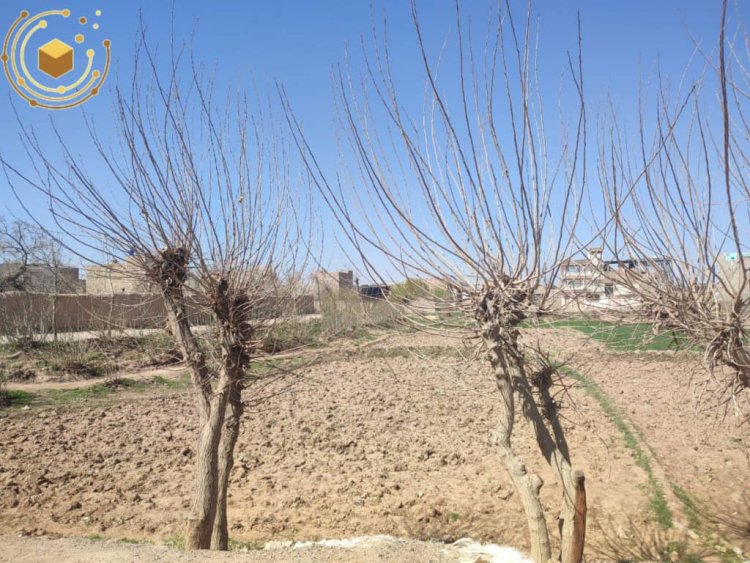Afghanistan’s Climate Crisis: Most Affected, Least Funded

A new report by the Toda Peace Institute, an organization dedicated to promoting non-violence and global peace, has placed Afghanistan among the ten countries most historically underfunded in the fight against climate change—despite being one of the most vulnerable.
The report highlights how financial constraints, weak governance, and ongoing security challenges have left Afghanistan particularly ill-equipped to deal with the escalating climate crisis. While the global demand for climate finance continues to rise, cuts in international aid have deepened the risks for fragile countries like Afghanistan.
According to the institute, funding reductions should target middle-income countries, not nations facing compounded vulnerabilities such as Afghanistan.
Although the exploitation of Afghanistan’s rich mineral resources is often discussed as a potential source of climate finance, the report argues this option is currently unviable. International sanctions against the Taliban, widespread emigration of experts following regime change, and poor technical infrastructure have significantly limited the country’s capacity to benefit from its natural wealth.
The report also underscores the growing frequency and severity of climate disasters in Afghanistan. The nation’s agriculture sector, which forms the backbone of its economy, is being devastated by prolonged droughts and flash floods, driving increased food insecurity and poverty.
Based on the 2024 Climate Adaptation Finance Index (CAFI), 90% of developing countries are receiving less climate funding than needed, with Afghanistan ranking among those facing the highest climate risks.
According to the Afghanistan Analysts Network (AAN), annual economic losses from climate change in Afghanistan typically reach $550 million, and in severe drought years, losses exceed $3 billion—an amount equivalent to 3.2% to over 18% of the country’s GDP. For comparison, Afghanistan’s entire national budget for 2023 stood at just $2.7 billion, barely covering basic government functions.
The Toda Institute warns that Afghanistan’s climate crisis is not just an environmental issue, but an economic and humanitarian emergency. Ignoring it, the report argues, will weaken the global fight against climate change and increase the risk of forced displacement, regional instability, and security threats.
The report calls for urgent international cooperation among global development agencies, local organizations, civil society, NGOs, and regional institutions. Without immediate and coordinated action, it warns, the impact of climate change in Afghanistan could spiral beyond control, making future interventions far more costly and less effective.
